|
January is National Mentoring Month, a month to raise awareness about the positive effects of mentorship and how it can empower young people to change the world.
Our late Executive Director and co-founder, Matthew Smith, was a mentor to many people in the community. A mentor can be defined as a trusted guide, coach, or counselor who gives advice and guides others whether through work or life in general. Volunteering is one huge way to be a mentor and it has proven benefits for both the volunteer and the person being served. We all need a mentor in our lives; to give us knowledge, wisdom, support, and to help us succeed. To honor Matthew's memory, consider these resources below on mentorship and how you can become a mentor to young people in your community. ACE's Life Skills Education Program Volunteer Opportunity Anytown Alabama Social Justice Teen Leadership Summit 2022 Staff Intern The Dannon Project Volunteer/Mentor Big Brothers, Big Sisters E-Mentorship 24 Reasons Why Mentorship is Important 7 Tips About How to Mentor Someone
0 Comments
During the holidays, feelings of grief are experienced by many because the holidays are centered around family and those we love. The holidays can exacerbate the feelings of loneliness, grief, and depression, especially now when COVID-19 has taken so many of our loved ones. 36% of Americans don’t feel like celebrating the holidays this year due to feelings of grief and loss (Experience Camps/Harris Poll survey). Grief is a universal, understandable response to loss, but everyone processes this feeling drastically different. There is no right or wrong way to grieve. Whether you are grieving, experiencing loneliness, or know someone who is grieving during the holiday season, read these additional resources.
Resources: Grief & the Holidays: Dealing with the Pain Grief and Loss Throughout the Holiday Season Dealing with Loneliness During the Holiday Season 9 Self-Care Tips for Anyone Spending the Holidays Alone Ways to Support Someone Who is Grieving How to Help a Grieving Friend American Counseling Association: Grief and Loss Resources Hanukkah also known as the Festival of Lights is a religious holiday celebrated by Jewish people. This year Hanukkah is observed November 28 through December 6, 2021. The Hebrew word Chanukah means “dedication,” and is thus named because it celebrates the rededication of the Holy Temple. Learn more about the history of Chanukah here.
The Hanukkah celebration is marked by the lighting of one candle on the menorah, a nine-branched candelabra, on each night of the festival. A new candle is added to the menorah each night and lit from newest to oldest, while reciting blessings as each candle is lit. Traditional Hanukkah foods are typically fried in oil and include items such as potato pancakes, or latkes, and jam-filled donuts, or sufganiyot. Other holiday customs include playing with a dreidel, a four-sided spinning top, and exchanging gifts. Resources on the Importance of Religious Freedom A Brief History of Anti-Semitism Your Right to Religious Freedom Religious Freedom: What’s At Stake If We Lose It Teaching About Freedom of Religion Understanding Other Religious Beliefs It's the week of Thanksgiving and this holiday is usually associated with thanks and gratitude. Gratitude is a feeling of appreciation or thanks; the state of being grateful. Some people may use gratitude as a way to form new relationships, strengthen current ones, help apologize to others, and make amends; but there are many useful ways to implement this positive emotion into your life.
7 Scientifically Proven Benefits of Gratitude
Resources to utilize to strengthen understanding and application of gratitude. What is Gratitude and Why Is It So Important? 11 Classroom Activities to Teach Students Gratitude Your Guide to Cultivating Gratitude in the Workplace 13 Most Popular Gratitude Exercises and Activities 8 Gratitude Activities for the Workplace to Try Today Giving Thanks Can Make You Happier 28 Benefits of Gratitude & Most Significant Research Findings How to Be Thankful When You Don't Feel Thankful International Day for Tolerance is observed on November 16 as a time to celebrate open-mindedness and listening. Tolerance may be defined as accepting others who are different in their race, culture, habits, and beliefs. Ways to participate in International Day for Tolerance includes reading about different cultures, listening to neighbors with opposing point of views, and participating in events of remembrance or advocacy. There is importance in celebrating this day because it’s educational, brings others together, and reminds us that tolerance is a constant effort.
Tolerance is an important skill to develop, because people will not always agree on things. It's human nature to have differing opinions and thoughts. However, there is a big difference between tolerating different opinions and accepting others' race, culture, habits, and beliefs. It's important to be mindful that acceptance is actually the end goal to creating an inclusive society rather than just tolerance. Eight Tips to Build Tolerance in Your Life
Resources for teaching and developing tolerance: Teaching Tolerance How to Teach Your Kid About Tolerance The Importance of Teaching Tolerance: 9 Ways to Create an Inclusive Classroom How to Deal With Low Frustration Tolerance What is Distress Tolerance? Teaching Social Acceptance in School World Kindness Day is observed internationally on November 13 to advocate the importance of being kind to yourself, each other, and to the world around you. The objective of World Kindness Day is to spread kindness with small gestures.
Consider these small acts of kindness to participate in World Kindness Day:
Empathy is best defined as the ability to understand and share the feelings of one another. Empathy is considered one of the most important components of emotional intelligence. Nine benefits of being empathetic --
Additional Resources World Kindness Day 7 Benefits of Empathy in the Workplace 5 Activities for Building Empathy in Your Students 20+ Strategies for Teaching Empathy 5 Exercises to Help You Build More Empathy 100 Random Acts of Kindness Ideas National Stress Awareness Day is observed every first Wednesday of November as a day to focus on reducing stress. International Stress Management Association is a charity that promotes knowledge about stress, resources for stress management, and well-being nationally and internationally.
Stress is a feeling of emotional or physical tension which is the body’s reaction to a challenge or demand. The body reacts to stress by releasing hormones that makes the brain more alert, causes muscles to tense, and increases pulse rate. There are two main types of stress: acute stress -- short term stress that goes away quickly, and chronic stress -- stress that lasts for weeks or months. There are many common health problems that are associated with chronic stress, such as -- high blood pressure, heart disease, diabetes, obesity, depression and/or anxiety, skin problems (acne or eczema), and menstrual problems. Stress is known to cause many types of physical and emotional symptoms. Signs of too much stress: Forgetfulness Frequent aches and pains Headaches Lack of energy or focus Trouble sleeping or sleeping too much Use of alcohol or drugs 17 Highly Effective Stress Relievers for everyone! Short-Term Strategies Guided Imagery Mediation Progressive Muscle Relaxation Focused Breathing Take a Walk Fast-Acting Strategies Get a Hug From a Loved One Aromatherapy Create Artwork Long-Term Strategies Eat a Balanced Diet Make Time for Leisure Activities Develop a Positive Self-Talk Habit Practice Yoga Express Gratitude Prioritize Exercise Problem-Focused Coping Reassess Your To-Do Lists Obtain Social Support Cut Out Things That Add to Your Stress Additional Resources Stress and Your Health Top 10 Stress Management Techniques for Students How to Help Children and Teens Manage Their Stress Adults who are emotionally intelligent are self-aware, emotionally literate, practice emotional self-regulation, and model prosocial behaviors. When adults possess these skills, they are able to effectively collaborate with colleagues. Adults need to feel empowered, supported, and valued. Adults who work with children need to be able to model these skills, so it's important that adults practice and develop these skills.
SEL for adults must include opportunities for learning, practice, collaboration, and modeling strategies. Resources for activities and more information include: SEL for Adults: Self-Awareness and Self-Management A Comprehensive Guide to Adult SEL CASEL: Strengthen Adult Social, Emotional, and Cultural Competence Why Continued Adult SEL is Needed CASEL: Strengthen Adult SEL 10 Activities for Social and Emotional Learning (SEL) for Your Learners and You SEL Activities for Employee Performance Management National Make A Difference Day is celebrated every fourth Saturday of October as a day to volunteer or participate in community service. To participate in Make A Difference Day consider:
Volunteering and involvement in community service are considered to boost mental health and give a sense of purpose. Benefits of volunteering include life satisfaction, the “Helper’s high,” and enjoyable aging. There are a few reasons why volunteering is beneficial to your mental health, these include but are not limited to --
Volunteer with us! Social Emotional Learning: How Students Grow and Develop Through Service Local Opportunities to Volunteer Volunteer Projects Help Teens Build Important SEL Skills Harnessing Service Learning to Build Social, Emotional, and Academic Skills United Way Volunteer Opportunities in Birmingham National Stop Bullying Day is observed on the second Wednesday of October as a day dedicated to learning about bullying and prevention strategies. Bullying at school affects students’ health, well-being, and academic performance. Students who bully others are more likely to demonstrate aggressive, violent, or criminal behaviors and abuse drugs and alcohol. Students who are victims of bullying tend to experience depression, loneliness, and anxiety -- may potentially last into adulthood. Students who witness bullying are prone to suffer higher rates of drug and alcohol use, mental health problems, and school absences.
Creating a safe and supportive school climate can aid in bullying prevention. By utilizing Social and Emotional Learning (SEL), efforts are made to positively transform a school’s climate and culture by teaching necessary social skills and emotional skills. There are five competencies of social and emotional learning -- self-awareness, self-management, social awareness, relationship skills, and responsible decision making. SEL has the potential to decrease aggressive and controlling behaviors in students who bully while increasing their ability to be respectful and kind. SEL can improve confidence and self-worth along with reducing social withdrawal among students who are victims of bullying. Social and emotional learning is known to reduce bullying by creating strong teacher-student relationships, positive peer-to-peer relationships, safe space for students, understanding of empathy, and teaching student bystanders how to help. Resources to learn more about how SEL can aid in bullying prevention: Prevention: Learn How to Identify Bullying & Stand Up To It Safely Social-Emotional Learning Helps Prevent Bullying Build a Safe Environment Social-Emotional Learning and Bullying Prevention Schoolwide SEL to Prevent Bullying 5 SEL Activities to Reduce Bullying in Your School 23 Must Read Anti-Bullying Books for Kids |
AuthorWrite something about yourself. No need to be fancy, just an overview. Archives
June 2022
Categories |

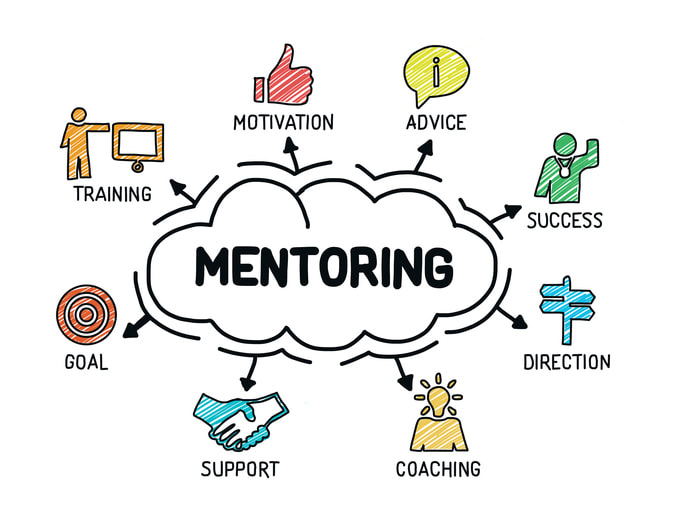
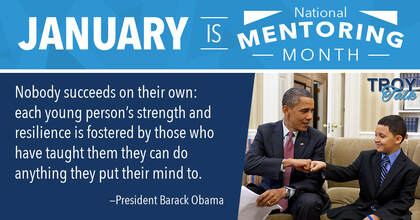
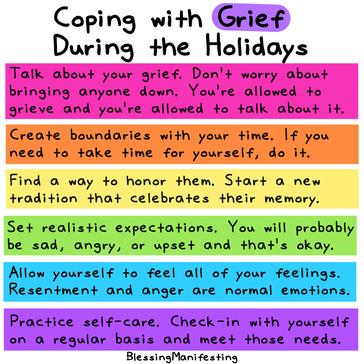
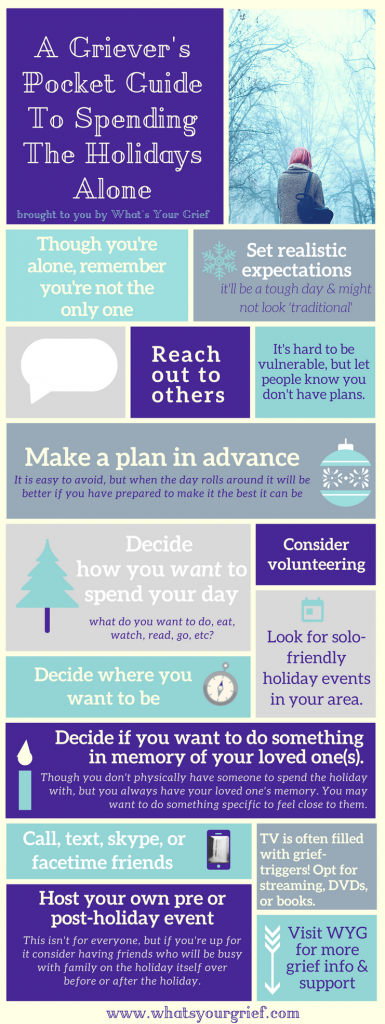
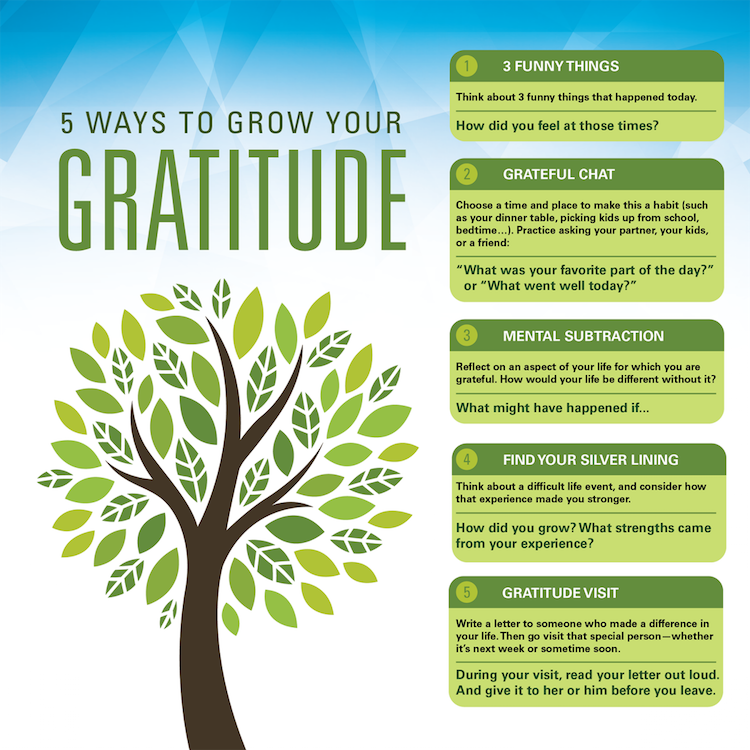
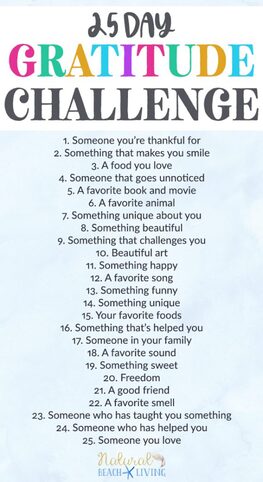
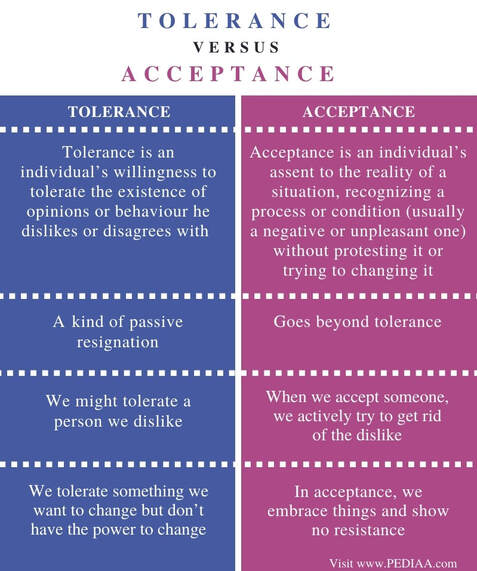
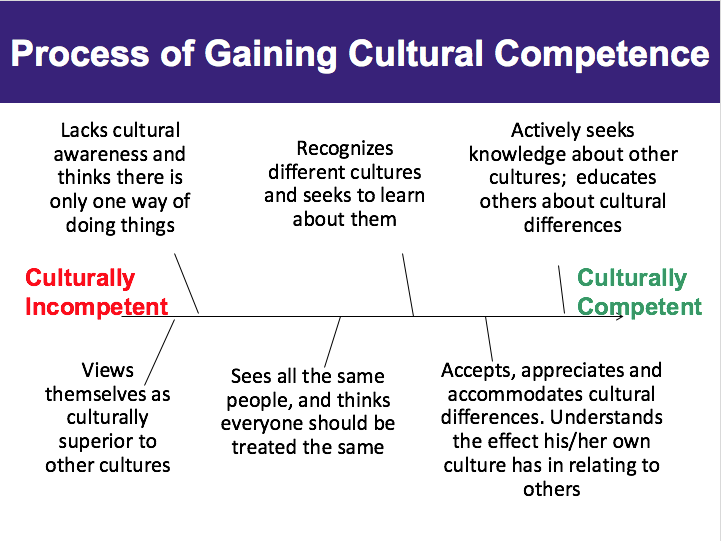
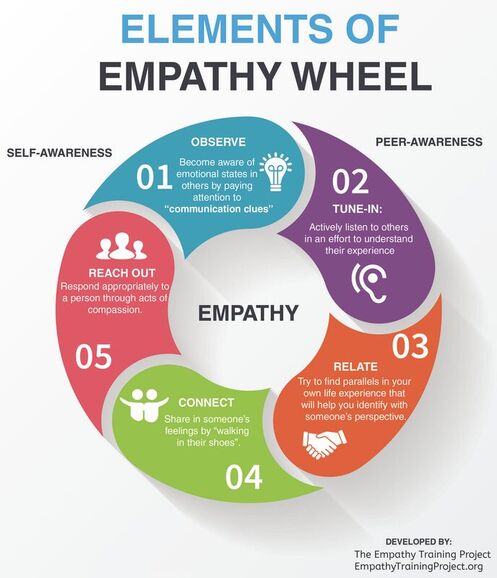
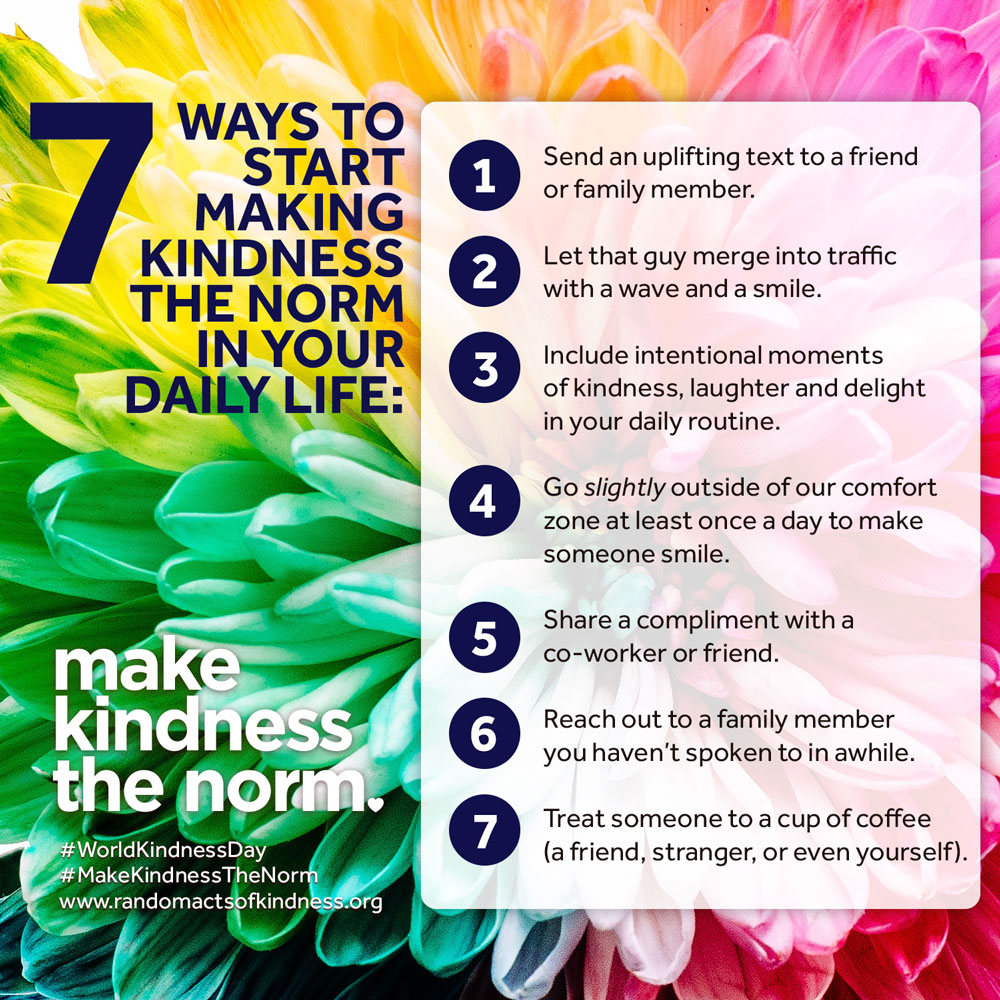
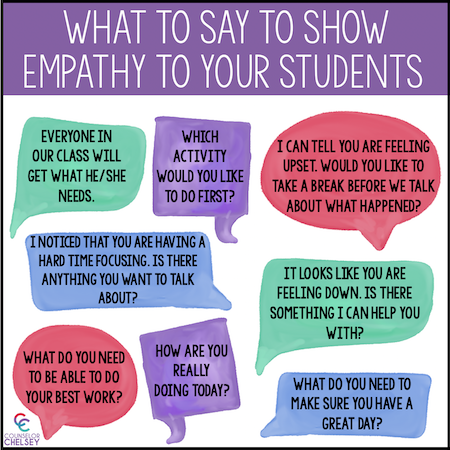
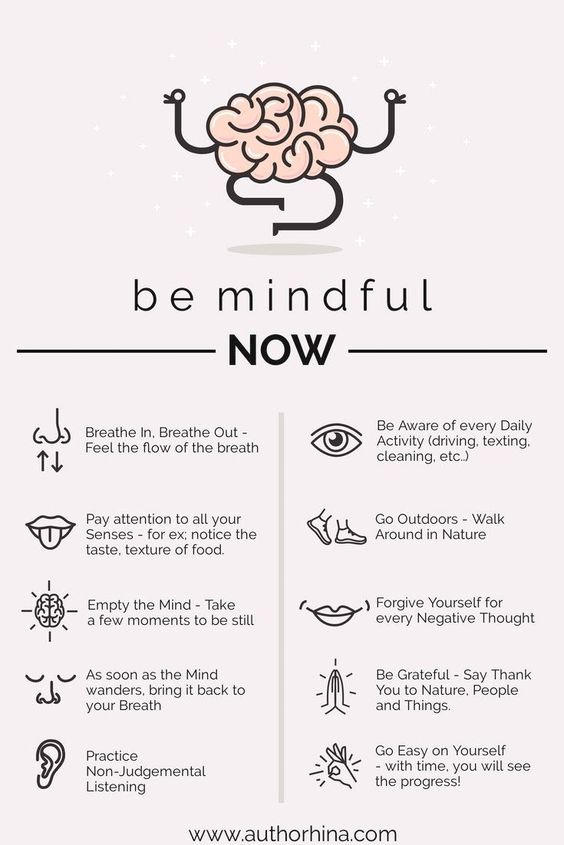
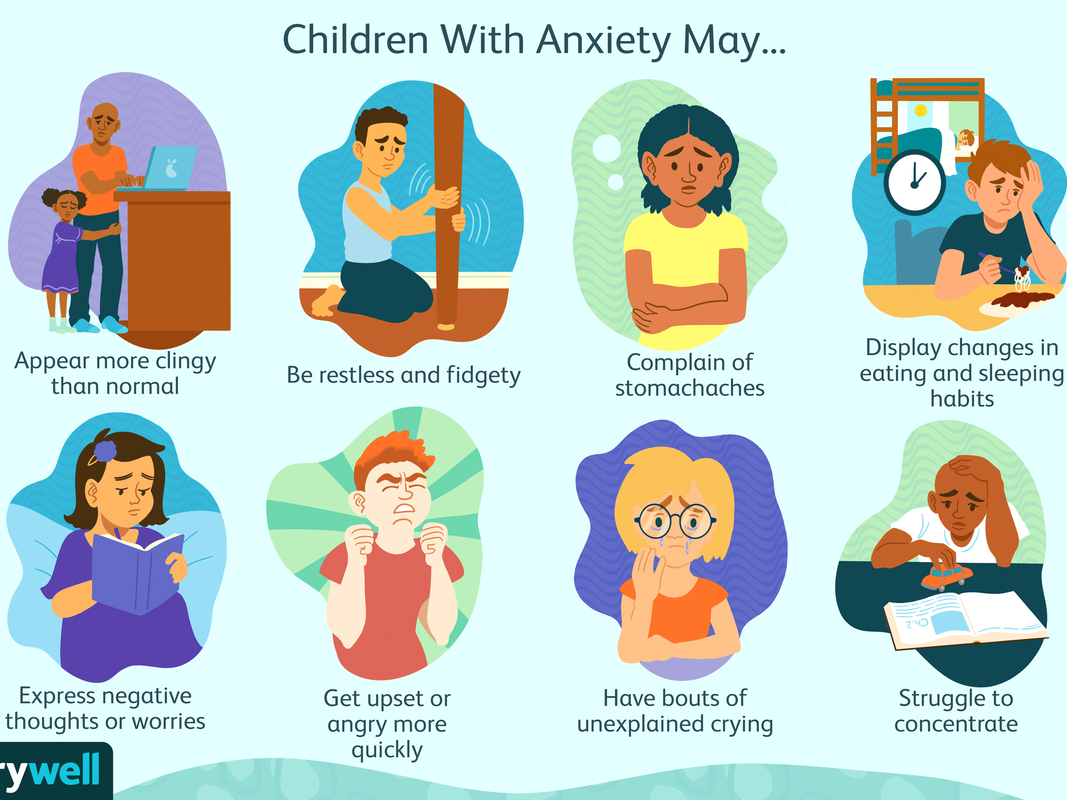
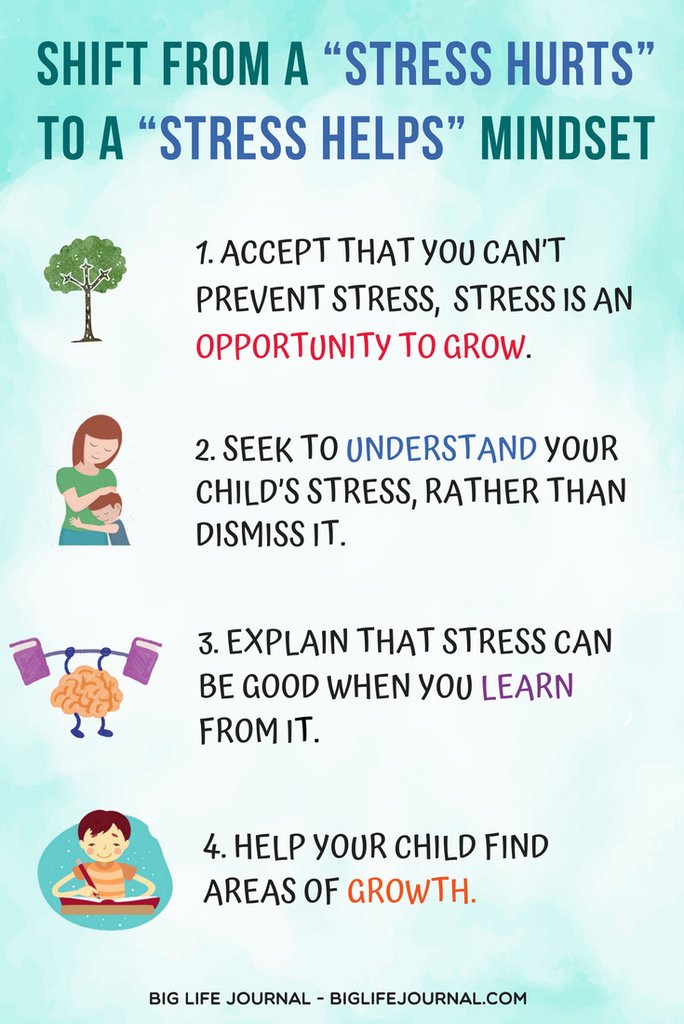
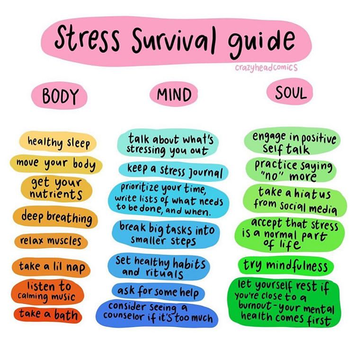
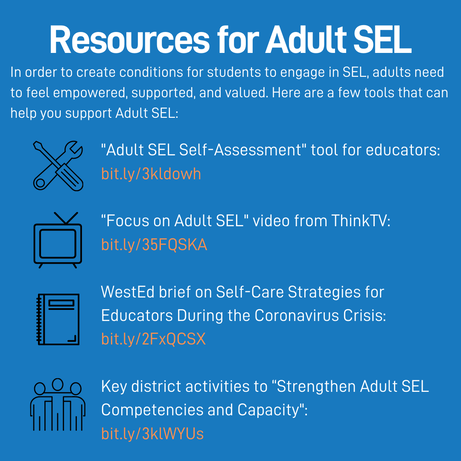
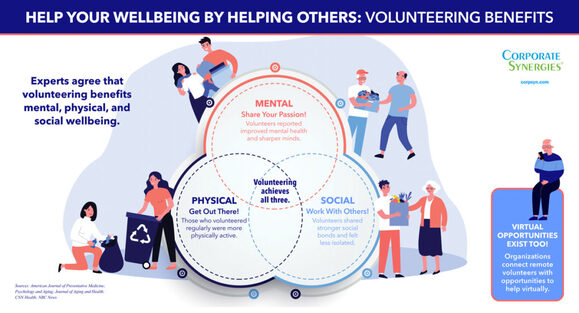
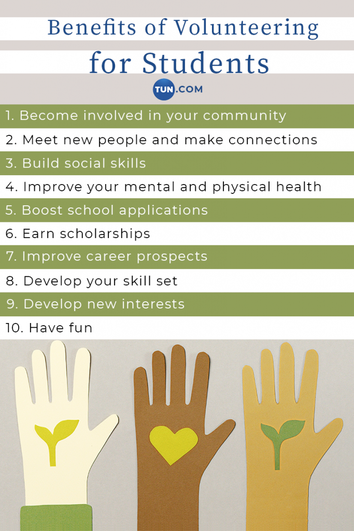
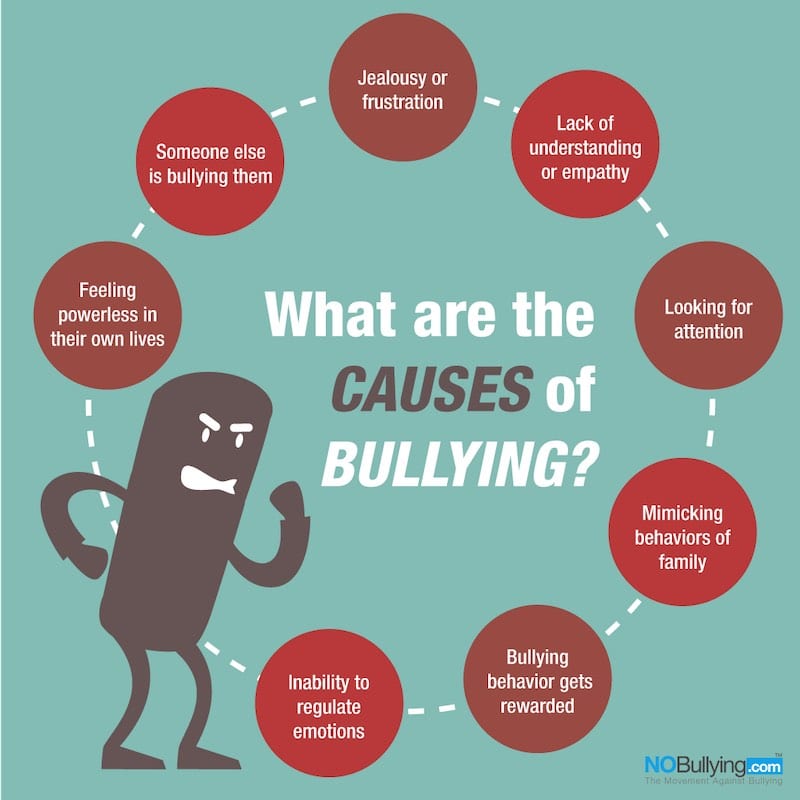
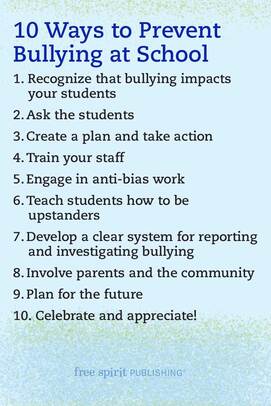
 RSS Feed
RSS Feed